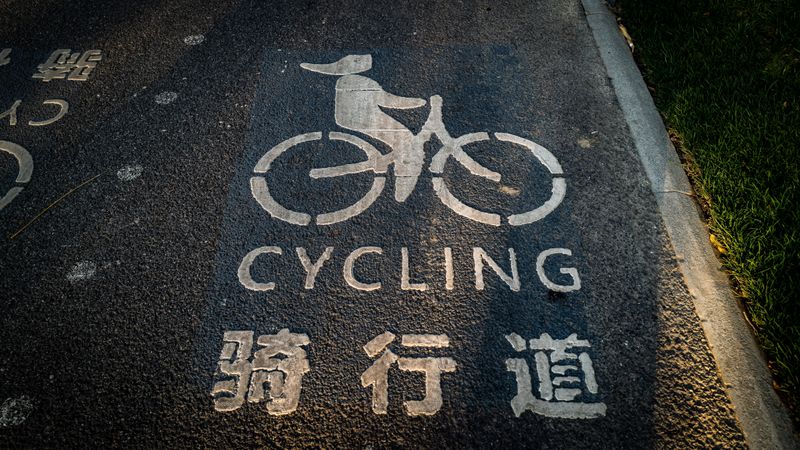Bob Murray Interview: Sunderland‘s Resilience and Football‘s Ambitions
Newcastle’s Saudi Takeover and Football Ownership
In a recent interview with former Sunderland chairman, Bob Murray, he expressed his belief that not all football clubs would have accepted the takeover bid from Saudi Arabia’s Public Investment Fund (PIF) like Newcastle United did. Murray argued that some clubs, including Sunderland, would have rejected the Saudi money due to concerns about the values and principles associated with it. Murray emphasized that the issue lies not with Newcastle itself, but with the country that owns the club and the potential threat it poses to the tradition and fabric of the game.
Murray highlighted the lack of control that football has over its owners, citing examples such as the Russian money that fueled Chelsea’s success and the war in Ukraine that put a halt to it. He also questioned how smaller clubs like Sunderland and Middlesbrough could compete with the financial might of a state-owned club. Murray stated that it is important for clubs to consider what kind of club they want to be, and if they are willing to compromise their values for financial gain.
Football in the North East
Murray, who oversaw the transformation of Sunderland in the 1980s, spoke nostalgically about a golden era when Newcastle, Middlesbrough, and Sunderland were all competing in the top flight under the ownership of ambitious local businessmen. However, he noted that the landscape has changed and local businessmen like himself can no longer compete with the financial resources of other clubs.
Murray criticized the current culture of club ownership, where clubs are bought by individuals who have no connection to the club or the area. He lamented the loss of the sense of identity and culture that came with local ownership, emphasizing that it has become a completely different culture with foreign ownership.
The Future of Football: European Super League
Murray voiced his concerns about the direction of football, particularly the potential establishment of a European Super League. He believes that the biggest and richest clubs in Europe will continue to push for more money and power, and that the failed European Super League project was just a temporary setback. Murray fears that the insatiable greed of these clubs will eventually lead to the creation of a European Super League that will further divide and commodify the sport.
The State of Sunderland
Reflecting on the current state of Sunderland, Murray expressed his support for the club’s current ownership. He praised the young owner, Kyril Louis-Dreyfus, who comes from a wealthy family with a genuine connection to football. Murray believes that Sunderland is on the right track under this new ownership, with an emphasis on nurturing young players and building a united club.
Despite their recent struggles, Murray is confident that Sunderland will return to the Premier League in the near future. He sees the club as one of the top 20 in the country and believes that with the right ownership and management, they will eventually achieve promotion.
Editorial and Advice
Murray’s interview raises important questions about the values and principles that should guide football clubs’ decisions regarding ownership and financial investment. While the lure of wealthy owners and potential success is tempting, it is crucial for clubs to consider the long-term impact on the game and its traditions.
The issue of foreign ownership also highlights the need for greater regulation and control within football. The sport should not be solely driven by money and power, but should prioritize the well-being of the clubs, their supporters, and the communities they represent. There must be mechanisms in place to prevent clubs from becoming mere commodities or vehicles for financial gain.
Clubs like Sunderland, with a strong sense of identity and history, serve as a reminder of the soul of the game. It is important to preserve and nurture these aspects of football, even in the face of financial pressures and the dominance of wealthier clubs.
Furthermore, Murray’s concerns about the potential establishment of a European Super League should not be taken lightly. The pursuit of profit should not override the integrity and competitiveness of the sport. It is imperative that governing bodies, clubs, and fans remain vigilant and oppose any attempts to create a closed, exclusive league that would further marginalize smaller clubs and undermine the essence of the game.
In conclusion, Murray’s interview serves as a reminder of the importance of maintaining the values and traditions of football while navigating the ever-changing landscape of ownership and finance. Clubs must carefully consider the consequences of their decisions and prioritize the long-term stability and integrity of the game. It is crucial for the future of football that the pursuit of profit does not overshadow the principles that make the sport so beloved by millions around the world.

<< photo by Connor Coyne >>
The image is for illustrative purposes only and does not depict the actual situation.
You might want to read !
- Exploring the Downfall: Unraveling Mercedes and Ferrari’s Violation of F1’s Plank Rules
- A Comprehensive Analysis of Champions League Team News and Potential Starting XIs
- Exploring the Potential Line-ups and Team News for the Champions League: Preparing for the Battle
- Inter Milan Triumphs over Salzburg with Sanchez Taking the Lead
- The Showdown in Istanbul: Watch Galatasaray vs. Bayern Munich Live
- Sevilla vs Arsenal: Champions League Clash Unveils Live Stream Drama
- The Clash for Victory: Betting Odds, Expert Picks, and Viewing Options for the Inter Milan vs. RB Salzburg Match
- Sevilla v Arsenal: Countdown to Europa League Showdown
- Bitcoin’s Price Surges as Speculation Grows for an ETF Approval
- Putin’s Health Scare: Unraveling the Truth Behind Alleged Cardiac Arrest
- Lenny Henry’s Esmerelda Productions Takes Center Stage with Banijay Support




